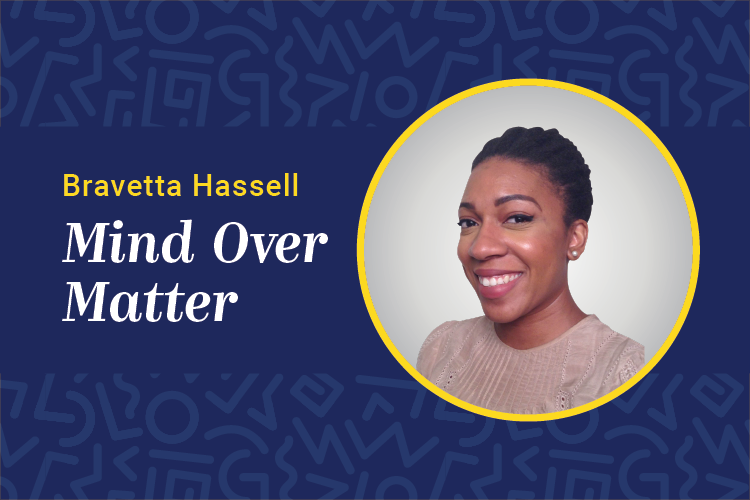 Do you know your learning style?
Do you know your learning style?
Are you an auditory learner? A visual learner? A kinesthetic learner?
Are you more right-brained than left-brained or the other way around? Do you as an educator and leader of instructors prioritize this way of organizing learners to help engage them?
In a recent open letter published in The Guardian, more than a dozen experts in neuroscience, psychology and education insisted that you stop it. Stop buying into this idea of establishing learning styles as an effective way to help people learn.
The belief that we learn best when information is delivered in a preferred format definitely has intuitive appeal, the authors wrote. People respond to some things better than they do others. Take the videos that you see supplementing news stories. You might want to read the story. Others might prefer to see and hear the news through the video. Even then, there are some blended learning styles that make this whole idea a bit murky.
The academics drew attention to three reasons educators should be reluctant to embrace this approach:
- There’s no coherent framework for preferred learning styles. There are the popular auditory, visu
 al and kinesthetic learning preferences, which learners self-report. But then there are dozens more models that educators may champion and use like “left vs. right brain” and “verbalizer vs. visualizers.” This brings us to the next argument against learning styles.
al and kinesthetic learning preferences, which learners self-report. But then there are dozens more models that educators may champion and use like “left vs. right brain” and “verbalizer vs. visualizers.” This brings us to the next argument against learning styles. - Subscribing to any one of those models means subscribing to a “fixed” mindset. Catering to a person’s learning preference for one method is rigid. It’s about as rigid as the belief that people are born with an inelastic ability to grow, learn and change. Embracing a single learning style undercuts a person’s motivation to apply themselves and adapt when faced with content that is not packaged to their liking.
- There is no evidence to support strategic emphasis on learning styles. The authors wrote that studies on the effectiveness of learning styles have found little-to-no evidence supporting their use in teaching. “Students will improve if they think about how they learn but not because material is matched to their supposed learning style,” the experts wrote.
The idea of learning styles boils down to a neuromyth, they wrote, wasting time, money and energy that could be better directed toward scientifically supported strategies.
Bravetta Hassell is a Chief Learning Officer associate editor. Comment below, or email editor@CLOmedia.com.














